Gemaakt door artsen
Gecreëerd en begeleid door artsen, biedt onze AI-gestuurde medische chatbot betrouwbare en geverifieerde ondersteuning. Omdat vertrouwen onze hoogste prioriteit is, is de nauwkeurigheid van Mediktor gebaseerd op strenge processen van medische kwaliteit die onze inhoud valideren. De missie van ons medisch team is om professioneel toezicht te houden op onze evaluator en onze normen voortdurend te verbeteren.
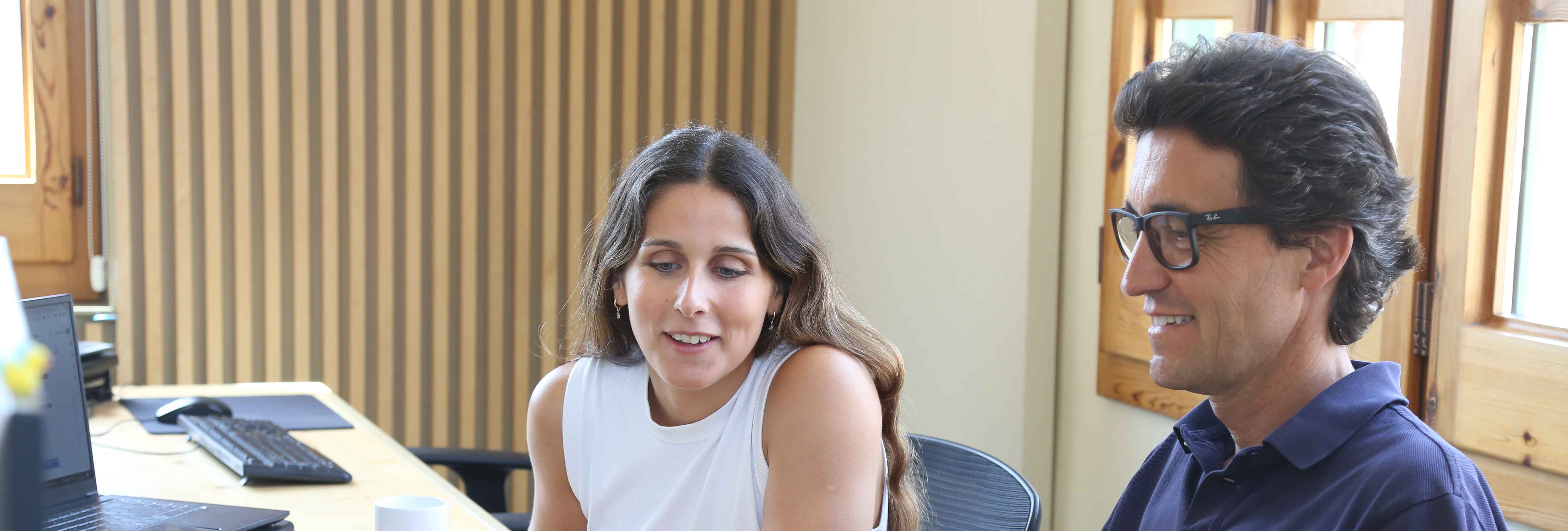
Een database geleid door artsen
Een grote hoeveelheid medische informatie wordt voortdurend gecontroleerd en bijgewerkt.
Dit is een samenvatting van onze gegevens in cijfers.
Gecontroleerd Medisch Inhoud
Zo doen we dat.
Interne controle
Onze Medische Afdeling voert strikte interne evaluatieprocedures uit om de nauwkeurigheid van onze oplossing te controleren.
Beoordeeld door externe experts
Onze database wordt ontwikkeld door professionals en beoordeeld door specialisten. Experts analyseren onze inhoud om persoonlijke en inclusieve ondersteuning te bieden.
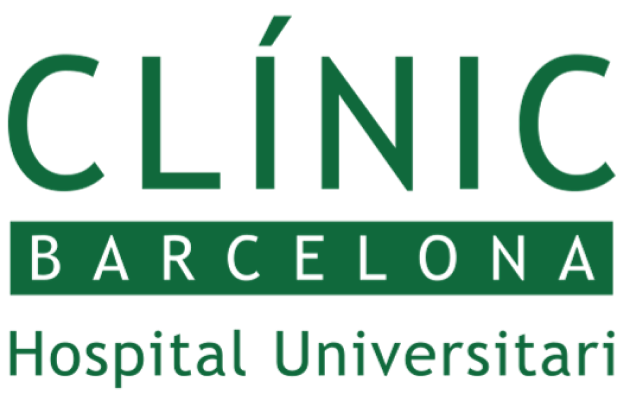
Tropische ziekten
De database van Mediktor is verbeterd om de meest voorkomende ziekten in de tropische gebieden nauwkeurig te detecteren.
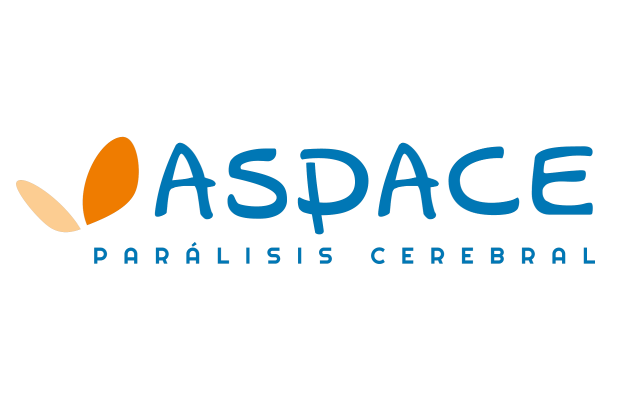
Sensorische, fysieke en intellectuele handicap
We hebben onze database bijgewerkt en herzien om de ondersteuning voor mensen met een handicap te personaliseren.
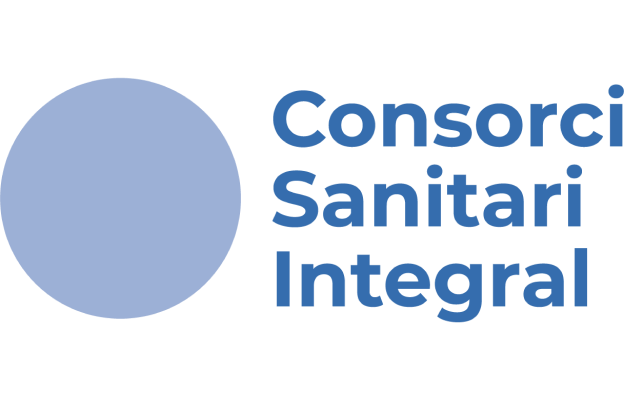
Geestelijke gezondheid
We bieden betrouwbare ondersteuning voor geestelijke gezondheid die grondig is geanalyseerd door experts.
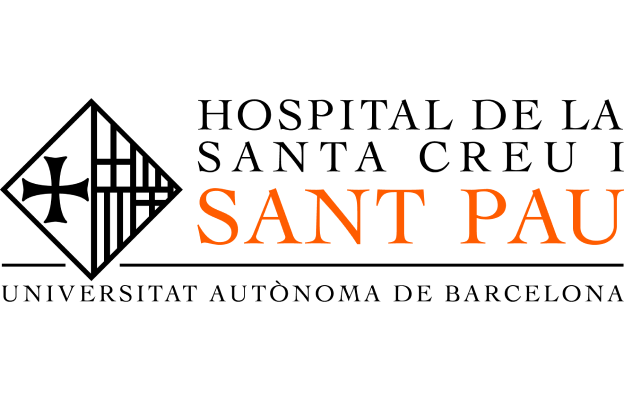
Gynaecologie en Verloskunde
Alle informatie en inhoud van gynaecologie en obstetrie zijn onderworpen aan strenge beoordelings- en goedkeuringsprocessen.
Wetenschappelijke Proeven
Mediktor werkt samen met relevante externe organisaties om klinische proeven met echte patiënten uit te voeren.

Ervaring met Mediktor®: een nieuwe symptoombeoordelaar op basis van kunstmatige intelligentie voor patiënten die worden behandeld op de spoedeisende hulp
Evaluatie van de nauwkeurigheid van Mediktor in vergelijking met artsen bij de diagnose van laag-complexe pathologieën. Beoordeel de prestaties van de oplossing op de spoedafdeling van het ziekenhuis.
Hospital Clinic de Barcelona
Barcelona, Spanje. 2018

Evaluatie van een systeem ter ondersteuning van de diagnostische besluitvorming voor de triage van patiënten in een ziekenhuis spoedeisende hulp
Vergelijking tussen de triage van Manchester, de uiteindelijke diagnoses gesteld door de spoeddienst, en de triage en pre-diagnose van Mediktor. Het test het potentieel van de technologie om triageprocessen aan te vullen en te ondersteunen.
Hospital Clínico San Carlos.
Madrid, Spanje. 2018

Ervaring met Mediktor® (kunstmatige intelligentie) bij patiënten behandeld op de spoedeisende hulp van het Universitair Ziekenhuis San Ignacio in Bogota, Colombia.
Onderzoek om de overeenstemming tussen Mediktor en een spoedarts bij de diagnose en laboratoriumtests te evalueren. Het toonde aan dat Mediktor een betrouwbaar instrument is om te helpen bij het diagnosticeren van de meest voorkomende ziekten in noodsituaties.
Hospital Universitario San Ignacio
Bogota, Colombia. 2019

Validering van een neurologische triage tool in de algemene bevolking gebaseerd op het gebruik van artificiële intelligentie-algoritmen
Essay om de doeltreffendheid van Mediktor bij de vroegtijdige detectie van symptomen van een beroerte in de Neurologische Dienst te evalueren. Bewijst de doeltreffendheid van de software in gespecialiseerde neurologische triage.
Hospital Vall d'Hebrón
Barcelona, Spanje. 2021. Lopend.
Gerelateerde artikelen
Hospital Universitario Arnau de Vilanova (HUAV) is a healthcare provider in Lleida, Alto Pirineo y Arán, and parts of La Franja in Aragón, Spain. Healthcare professionals were struggling with overcrowded waiting rooms, and the HUAV was looking for a digital solution to help manage urgent care effectively.
Serving approximately 400,000 people, the hospital’s Emergency Department often experiences overcrowding, particularly during high-demand seasons like autumn and winter. “In winter, we have a really hard time because we triple or quadruple the real capacity,” explained Nuria Amador, Nurse of the HUAV’s Emergency Department.
In recent years, the HUAV has undergone a significant demand increase at the ED, with nearly 50% of emergency visits being non-urgent (IV and V triage levels). This rise in non-urgent visits is often caused by a lack of public awareness about alternative public healthcare services more suitable for patients with low-complexity needs, resulting in unnecessary congestion in the central hospital emergency department.
In response to this challenge, the HUAV sought a digital solution to manage urgent care cases more effectively. The answer was a reverse referral model designed to identify non-urgent patients in the emergency waiting room and redirect them to Lleida’s Urgent Primary Care Center (CUAP). “What we were looking for by adding artificial intelligence with Mediktor was to give an extra point of quality to the reverse referral process,” said Oriol Yuguero, Head of the Emergency Department.
Mediktor’s AI-driven software helped streamline the reverse referral model by meeting the hospital’s strict security standards and seamlessly integrating into its existing processes. Patients identified as having lower urgency levels (IV and V) through a traditional nurse triage were given the option to assess their symptoms using Mediktor’s software. This second AI-based assessment helped identify patients who could be seen at the CUAP and received a recommendation to leave the ED.
The results of this innovative approach were enlightening. Among those patients that Mediktor recommended to attend the CUAP, an impressive 90.9% left the Emergency Department. When patients receive and acknowledge Mediktor’s recommendation, they realize that their cases can be solved outside urgent care. This not only reduces their wait times but also empowers them to take control of their healthcare decisions. Most of these patients proceeded to the CUAP, where they received timely care and were subsequently discharged.
The implementation of Mediktor’s AI-driven reverse referral process has yielded significant benefits. For patients, it meant receiving appropriate care more quickly and efficiently. Those with non-urgent conditions were successfully redirected to CUAP, reducing their wait times and ensuring they received the care they needed without unnecessary delays.
The AI-powered reverse referral process not only benefited the patients but also had a positive impact on healthcare professionals. It helped alleviate the burden on HUAV’s emergency department, allowing for better management of time and resources. Nurses, in particular, played a crucial role in this process, actively engaging in patient evaluation and discharge. The model also contributed to better patient education, helping individuals understand the healthcare system and navigate it more effectively. “The aim is that services can be optimised and used in a correct way and, at the same time, provide health education”, expressed Sílvia Solís i Vidal, Director at CUAP Prat de la Riba of Lleida.
The successful collaboration between HUAV and Mediktor stands as a testament to the transformative power of technology in healthcare delivery. By leveraging AI to manage urgent care demand, HUAV has not only improved patient outcomes but also enhanced operational efficiency. This success story underscores the hospital’s dedication to innovation and excellence, setting a new standard for healthcare in the region and beyond.
